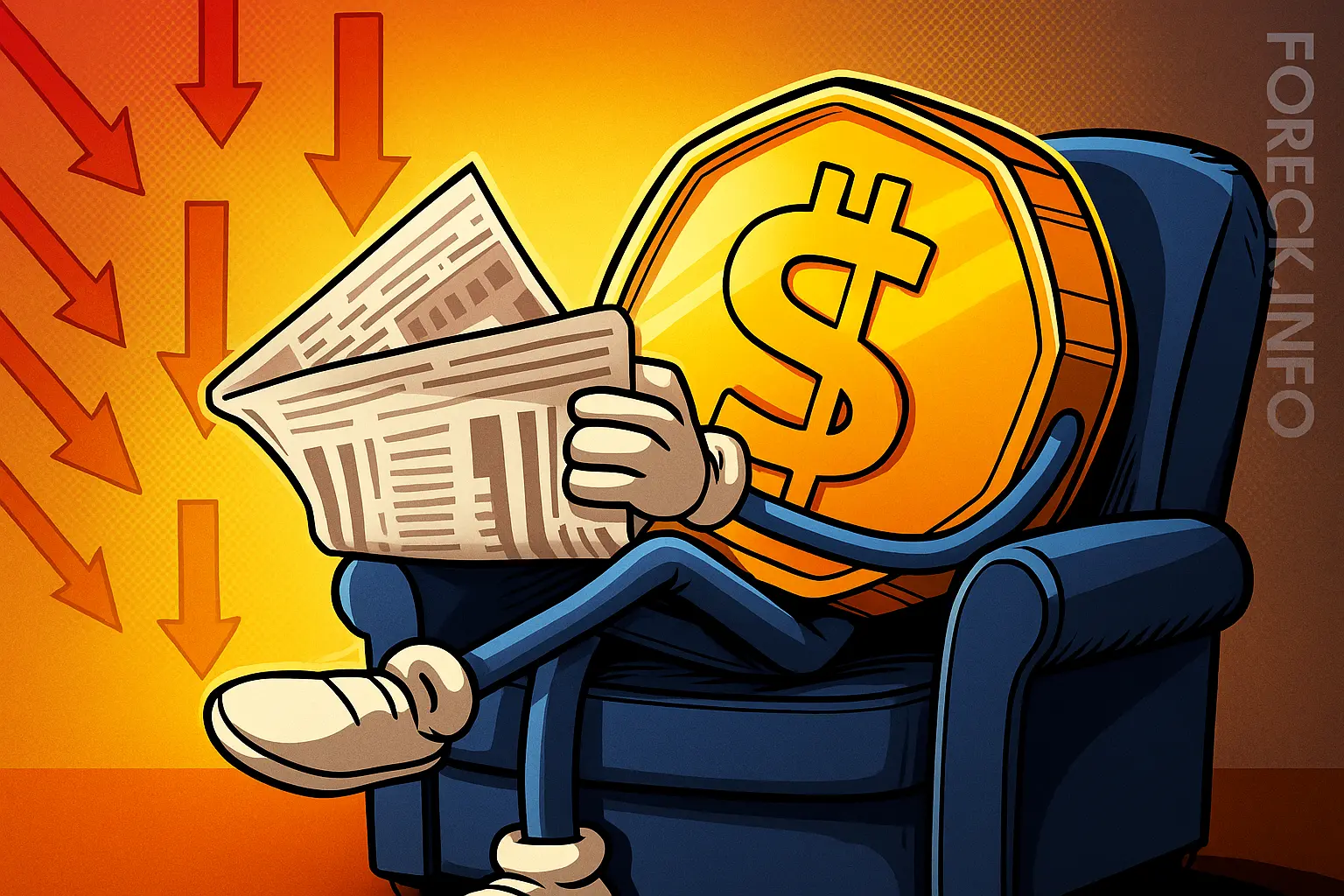Investors forex remain focused on the court case over tariff hikes initiated by the White House. On Friday, a U.S. appeals court deemed most of them unlawful, noting that the 1977 International Emergency Economic Powers Act (IEEPA) provides for tariffs to be imposed by Congress, not the President. As a result, most tariffs—excluding sector-specific ones—could be overturned. The previous day, President Donald Trump’s team filed an appeal with the Supreme Court, and U.S. Treasury Secretary Scott Bessent told Reuters that even if they lose there, tariffs could still remain in place by invoking other legal tools, such as the Smoot–Hawley Tariff Act.
Also note: on Friday at 14:30 (GMT+2), August labor market data will be released. The market expects further cooling: unemployment up from 4.2% to 4.3%, and nonfarm payroll growth of just 74k. If realized, this would increase the odds of monetary easing at the September FOMC meeting, aligning with Chair Jerome Powell’s Jackson Hole remarks that cautious rate cuts are possible if labor-market risks intensify.
Eurozone
The euro is weakening against the U.S. dollar but strengthening versus the yen and the pound.
Today’s preliminary August inflation data showed headline CPI rising from 0.0% to 0.2% m/m and from 2.0% to 2.1% y/y, while core increased from –0.2% to 0.3% m/m and held at 2.3% y/y instead of easing to 2.2%. Overall, inflation remains close to the 2.0% target, reinforcing confidence that the ECB will refrain from adjusting borrowing costs in the near term. Some experts do not rule out a drop below target in early 2026, which could prompt renewed policy easing. Board member Isabel Schnabel said rates should stay on hold for now, as the bloc’s economy is coping with U.S. tariffs and current borrowing costs can still support growth. She also criticized the White House’s trade policy, warning it could add to price pressures even without EU retaliation.
United Kingdom
The pound is falling against the euro, yen, and U.S. dollar.
Sterling came under pressure amid government reshuffles: Prime Minister Keir Starmer appointed former Bank of England deputy Minouche Shafik as his chief economic adviser and moved Darren Jones, previously deputy to Chancellor Rachel Reeves, to Chief Secretary to the Treasury. Markets read this as a weakening of the Chancellor’s position and difficulties crafting an autumn budget that envisions significant corporate tax increases. Investor disappointment pushed 30-year gilt yields to 5.7%—the highest since 1998—and weighed on the currency.
Japan
The yen is losing ground versus the euro and U.S. dollar but strengthening against the pound.
Attention is on comments by Bank of Japan Deputy Governor Ryozo Himino, who said the BOJ should continue raising borrowing costs but proceed cautiously given elevated global uncertainty. He noted persistent risks of U.S. tariffs harming Japan’s economy despite the agreement reached between the parties. Himino reiterated the BOJ expects inflation to stabilize around 2.0% soon, after which further tightening would be appropriate, though he gave no timing signals. Most analysts still expect at least one rate hike before year-end.
Australia
The Australian dollar is declining against the U.S. dollar and euro, strengthening versus the pound, and showing mixed moves against the yen.
At 01:00 (GMT+2) tomorrow, services activity data are due (forecast rising from 54.1 to 55.1). At 03:30 (GMT+2), Q2 GDP is expected at 0.5% q/q (from 0.2%) and 1.6% y/y (from 1.3%). Meeting these estimates would confirm economic resilience amid the global trade turmoil and could support the AUD.
Oil
Prices are mixed today: early gains have given way to declines.
Overall, crude is caught between opposing forces. On the supportive side, there are fears of Russian supply disruptions: according to Reuters, 17.0% of Russia’s refining capacity is currently offline due to damage, removing about 1.1 million barrels per day from the market. Limiting the downside are expectations ahead of an OPEC+ meeting: some expect another increase in production quotas, while others believe output will stay unchanged as the cartel and its allies pause to assess energy demand after the end of the U.S. summer driving season.

